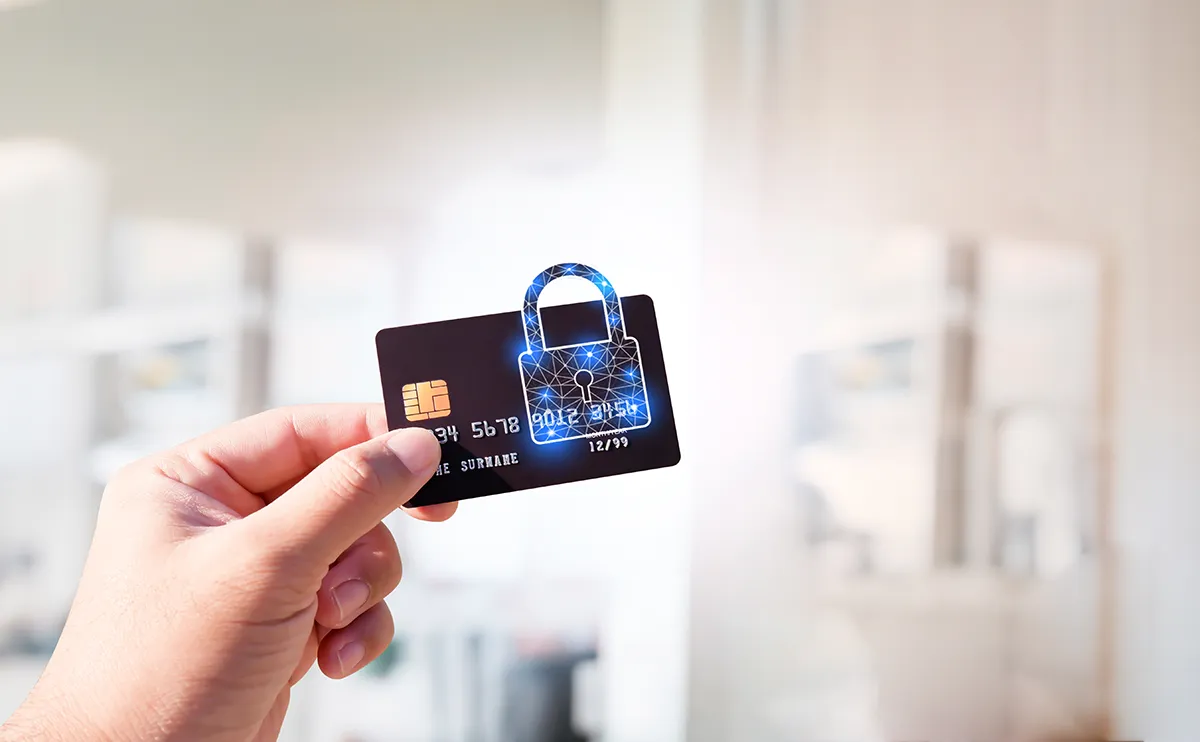What Happens When You Cancel a Credit Card?
From a behavioral standpoint, it can make sense for an individual to cancel a credit card. The plain truth is that since credit cards are often misused, they are not for everyone.
When credit cards are responsibly utilized as a means to build a track record of timely payments that helps build (or rebuild) a credit score and profile, that’s good. When credit cards are effectively utilized to balance a monthly budget when cash flow runs irregularly, or when a credit card is simply kept on hand for emergencies, that’s good.
When balances on credit cards are kept to a minimum so as to reduce interest expense, that’s also good. However, when credit cards are used to live beyond one’s means and a pile of debt insidiously grows with associated high interest expense – that’s not good.
For many individuals, onerous credit card debt becomes a stressful part of life and it can then become a good idea to simply cancel some or all credit cards. But, what happens when credit card accounts are closed out? What are the pros and cons? Let’s take a closer look.

Cancelling a Credit Card - Pros
Before closing an account and taking the scissors to the card, it’s important to know that cancelling a credit card will not remove the balance owed or the payment history associated with the card – this should be fairly obvious.
After a card is closed, monthly payments must still be made as usual, and the credit card issuer will continue reporting your repayment behavior to the three major credit bureaus (Equifax, Experian and TransUnion).
The primary benefit to closing a credit card account accrues to those individuals who have difficulty controlling their spending habits. Cancelling the card becomes a self-imposed behavioral limit on spending – and preventing oneself from falling into a rising pile of debt is certainly an important benefit to those who need it.
A secondary benefit can come from removing any high annual fees that a card may charge. A high annual fee can simply make holding onto a card not worth the cost.
ABC
Cancelling a Credit Card - Cons
When a credit card is cancelled, it will almost always have a negative impact upon an individual’s FICO credit score. This is primarily because of something knows as the the credit utilization rate – or the percentage of available credit that an individual has currently borrowed.
The credit utilization rate is a significant contributing factor (approximately 30%) toward the calculation of a credit score. Lenders prefer a credit utilization rate below 30%, as it illustrates an ability to pay for basic necessities without needing to rely upon credit cards and other forms of debt.
It is important to recognize that since closing credit card accounts reduces the total available credit, this causes the credit utilization rate to rise and the FICO score to drop. The rule of thumb is – the higher the credit utilization rate, the lower the credit score.
Additionally
The good news here is that in both cases, any reduction in credit score can be temporary and easily recoverable through the timely monthly repayment of remaining debts in the individual’s credit profile.
How to Cancel A Credit Card
If you decide to cancel a credit card, there is a proper way to go about doing things. First off, if you can’t pay your balance in full, look for a balance transfer to a different promotional rate credit card to save on interest expense on the remaining balance owed.
Secondly, redeem any rewards points you may have before closing the account, as you will lose the rewards points once the account is closed. Next, contact customer service and inform them that you will be closing the account.
Confirm any amount of remaining balance and verify that the account has been closed. After sixty days, go to annualcreditreport.com and retrieve one of your free credit reports (you are allowed one from each of the three credit reporting agencies each year) to make certain that the account has been reported as closed.
At this point, you can take the scissors to the card and dispose of it properly, making certain that your name, card number and security code are irretrievable to any potential identity thieves.

Get Debt Relief
Speak with licensed debt specialists dedicated to guiding you toward financial stability every step of the way.

Ready To Get Started?
See if you qualify for debt relief. Get a Free savings estimate to see how quickly you can be debt free.
Embrace financial freedom with our tailored solutions, expert guidance, and unwavering commitment to your success.
Experienced Professionals
Our experienced team has helped thousands of clients successfully eliminate debt and regain financial freedom.
Customized Solutions
We know every financial situation is different, so we design personalized debt relief plans to fit your specific needs and goals.
High Success Rate
Our proven debt relief strategies deliver real results. With a strong track record of success, we help clients achieve lasting financial stability.
Confidential Consultation
Your privacy is our priority. All debt relief consultations are 100% confidential and handled with the highest level of discretion.
Explore other blogs











